EPA proposes rules for chemicals and fuels made from plastic waste-based feedstocks
Green Car Congress
JUNE 16, 2023
The US Environmental Protection Agency (EPA) issued proposed rules under the Toxic Substances Control Act (TSCA) for 18 chemicals made from plastic waste-derived feedstocks that would ensure they are free from unsafe contaminants before they can be used to make transportation fuels.


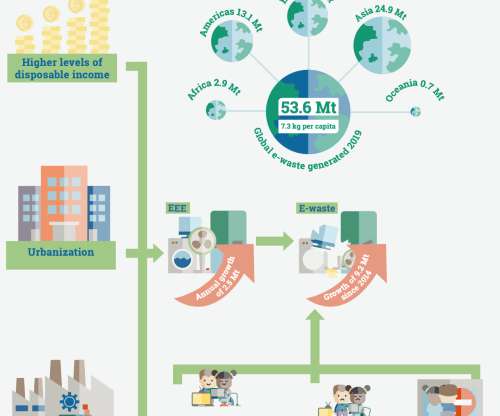

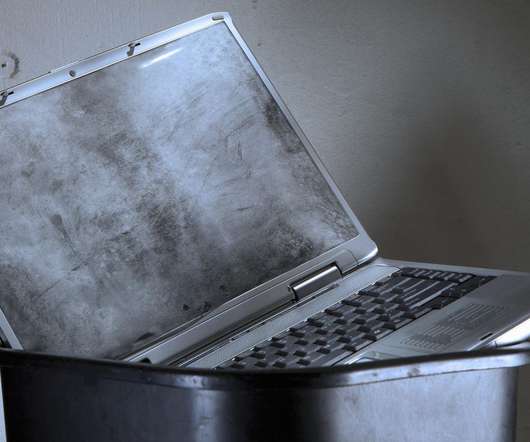







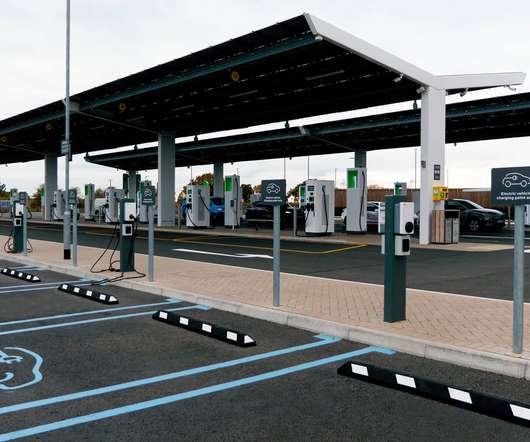

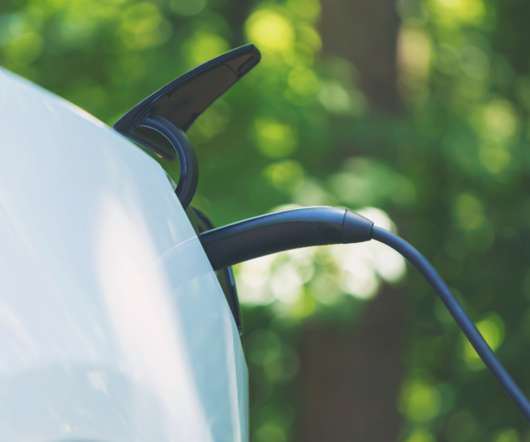



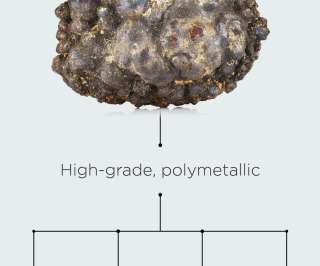

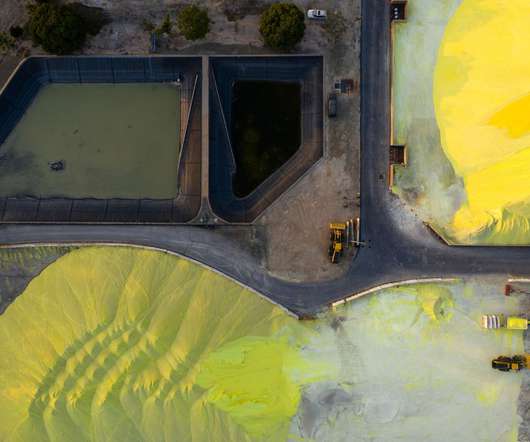
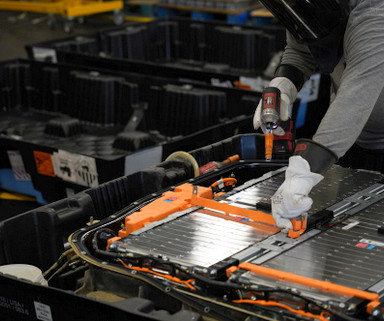


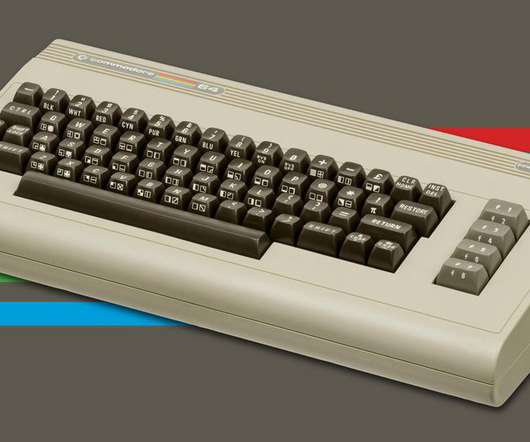






Let's personalize your content